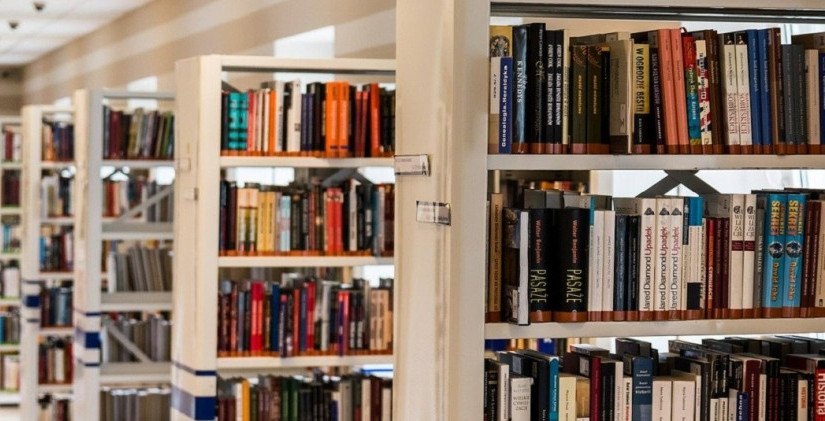There are many problems in Indonesia related to education. It is not only about curriculum and effective learning, but also access to education itself. The required capital or costs to get knowledge from courses or higher education is not cheap. For some people, it is quite burdensome. The government has issued several programs and incentives to help this access, one of which is KIP-Lecture.
Another alternative that could be an option is an education loan platform. The concept is like a loan service for capital funds, the difference is that the funds lent must be earmarked for education. Indeed, with different agreements and responsibilities on each lending platform. Some startups that have loaning products or services for education funds include Pintek, KoinPintar from KoinWorks, and DanaDidik.
Pintek’s co-founder & Managing Director Tommy Yuwono explained, in Indonesia 1 out of 4 children of high school graduates did not go to college, because the cost of education was expensive.
“In fact, the cost of education in Indonesia compared to the income per capita was 150% of GDP, whereas in America the cost of education compared to income per capita was only 51% of GDP,” Tommy said.
KoinWorks Co-Founder & CEO Benedicto Haryono said the same thing. Given the relatively high number of middle-class Indonesia and the limited number of scholarships each year, education loan services can be a solution to the inaccessibility of higher education costs in Indonesia.
“In addition, the Government also [should] provide full support so that the education loan program in Indonesia can be truly implemented. Moreover, the government development is currently focused on improving the quality of human resources towards “Advanced Indonesia”, where improvements in the quality of human resources can be pursued through good quality education,” Benedicto continued.
Education that is covered by educational loan platforms is not only limited to formal education such as tertiary institutions or vocational schools but also courses in various fields, such as programming, data science, business, to language courses.
The rise of loans for education funds are also subject to monthly installments or agreed upon, as well as the amount. There is also an ISA (Income Share Agreement) mechanism out there, a mechanism that allows loan payments by deducting salary. The amount and other things depend on the agreement in force.
Illegal fintech cases and the challenges ahead
The financial technology industry in Indonesia was hit by bad news, thanks to the actions of a number of unlicensed fintech companies entering the Indonesian market. This negative sentiment more or less has affected the whole industry, including the niche of educational loans.
Benedicto said that the rise of illegal fintech has an impact on the KoinWorks brand as a fintech company. However, he said as time passed by and the industry continues to grow, public understanding of fintech services is getting better. It was proven by the number of KoinWorks users in 2019 which increased 178% compared to the previous period.
Meanwhile, DanaDidik CEO Dipo Satria assessed that the rise of illegal fintech cases had an influence on people’s stigma on the fintech industry in Indonesia. To fight the negative stigma, Danadidik conducted a series of socialization in front of students and the campus.
“Fintech student loans such as DanaDidik which have been registered and supervised by the OJK may actually be an answer for students who want to study independently but somehow prohibited by expensive tuition fees. Campus and students stigma on loans (online loans) because illegal loans make potential borrowers worried,” Dipo said.
He also added that education funding is a new niche loan that many people do not know about, therefore, introducing products and industry to the general public is an important part of DanaDidik’s journey.
Public trust in the financial technology industry in Indonesia is also a special concern for Tommy. He said, all the owners of legal lending services, AFPI, and also the FSA are trying together to fight the illegal fintech case by educating the wider community. That became one of the main challenges to be fought together.
“In addition, there are negative perceptions of ‘loans’. In fact, not all loans are negative. For example, the loan service that Pintek provides is loans for investment. We make it easier for people to invest through education, which will be very useful for themselves in looking for work, help them meet the family, needs, also contribute to the country’s economy. So, not all loans are negative,” Tommy said.
–
Original article is in Indonesian, translated by Kristin Siagian
